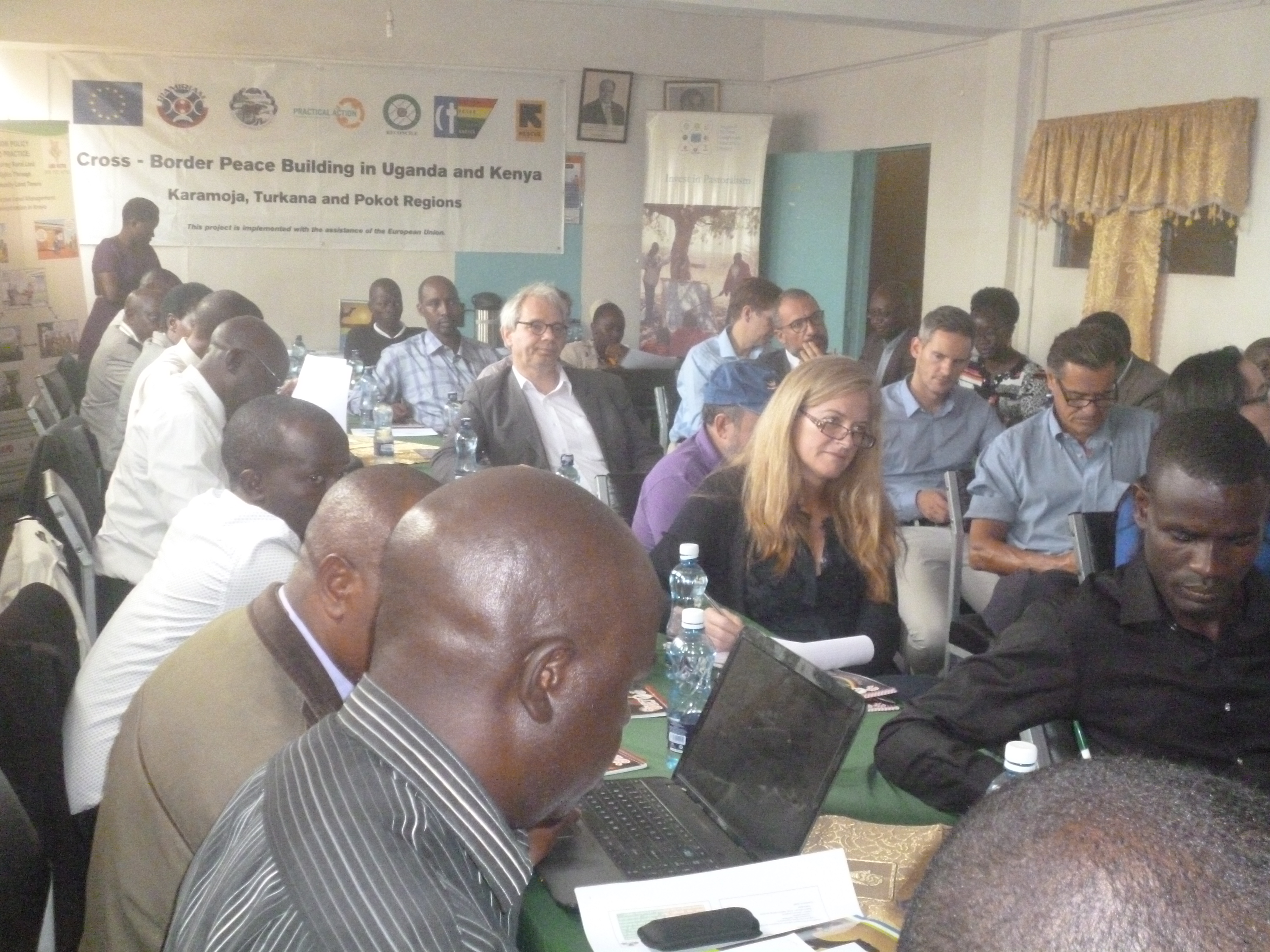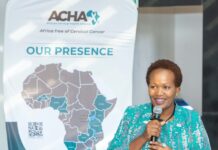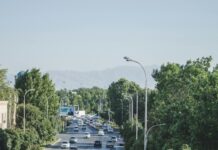By Mary Mwendwa
A delegation of European Union parliamentarians toured Kenya recently on a mission to understand issues affecting the country in regard to ecomonic prospects, climate change and access to basic services more so learn more about the Country.
Speaking during a stakeholder meeting in Nakuru which was organized by Reconcile, a non -government organization , where partners drawn from Coalition of European Lobbies on Eastern African Pastoralism (CELEP),had gathered to give their views on pastoralism and other issues affecting development.
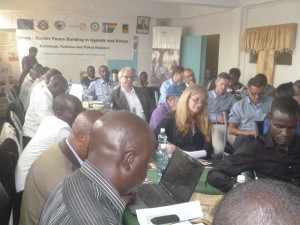
Linda McAvan,Chair of the Committee on Development, European Parliament said the delegation represented 28 countries which are part of the EU.”We decided to visit Kenya to learn and hear more about issues affecting Kenyans.We understand there are challenges on governance, land, pastoralism and climate change and therefore this visit would give us a clear picture of what is happening to allow us set our policies right.”
Shadrack Omondi, CEO Reconcile;”We organized the meeting for this EU parliament and liased with committee members about it.This meeting was crucial because it adressed issues on governance, pastolism and water and how they affect livelihoods.The message we are passing to EU delegation is that they can partner with us on policies as this is real time.They can rely on our data to make informed decisions.”He said.
Peter Ken Otieno, Seniour Programs Manager , Reconcile , reminded the participants about CELEPS’ role which seeks to engage EU parliament to try and adress some of the critical issues.”We are a membership network with secretariate in Europe and some of the problems we tackle evolve around pastoralism, climate change, land and governance.We discuss specifc issues and policies developed from EU parliament , build strong networks and target policies that are geared towards pastoralism.The whole process targets livelihood and development hostically.”He said.
Dr.Marcel Rutten, Researcher of the African Studies Centre, Leiden University and CELEP member talked of his research findings of the Cocoon Initiative Kenya programme in the pastoralism sector. He mentioned subdivision, land sales, fencing and resource depletion as some of the challenges the Maasai community have been facing in the recent times.”For a long time the Maasai community lived in group-owned land which came with some challenges, but safeguarded access to and use of the land. When the individual titling system was introduced, initially welcomed by most Maasai households, we witnessed improved livelihoods, notably food security increased for those who developed water sources, i.e. shallow wells.”
Dr.Marcel pointed out that since the mid 2000s new challenges have come, notably the drying of the shallow wells due to too many boreholes drilled in the area by immigrants. Land prices have also gone up enormously, but mostly benefiting the speculators and first generation buyers. Young Maasai who inherited the land continue selling land and hardly use the proceeds wisely. Many of the original owners face hard time, nowadays. Some areas are a mixture of residential, agricultural, educational and industrial usage that cause another set of problems, notably environmental (water and air pollution, biodiversity depletion). Water User Associations have been assisted that should try to cope with these issues.
Odendo Lumumba , Kenya Land Alliance talked of the problems the land sector is facing.”Land use in Kenya is changing and at the same time pastoralism is transforming.Land rights continue to be abused and the most difficult part of it is the political interference.Range lands have continued to face threats from climate change, competing land users and corridor development.”
Mr.Odendo further pointed out the role of communities in pastoral systems management and EU helping in vetting intestors that come in Kenya from the EU member states.Technology , cross border peace building and engaging County governments were some of the areas he noted needed engagement more.
Bruno Pozzi, Deputy Head of EU delegation in Nairobi , said they got a request about the EU parliament to visit Kenya last year .”The parliamentarians wanted to understand different aspects of Kenya around development.One of the areas they were interested in was to visit out of Nairobi town, Nakuru and get to undestand how people live and everything to do with economic development largely.On livelihoods they are interested in pastoralism , water and sanitation and how the County government of Nakuru is adressing challengs around these areas.NAWASCO (Nakuru Water and Sanitation Services Company ) is an area of interest to the delegation.They want to know if residents have access to clean water and sanitation services, as we know water is a scarce resource in Kenya.”
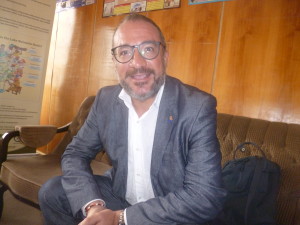
Mr.Pozzi confirmed how the EU parliament have a right to control money that is comming to development projects.”For example Kenya’s visit will help them understand the needs better and make informed decisions on policy and money allocation.

